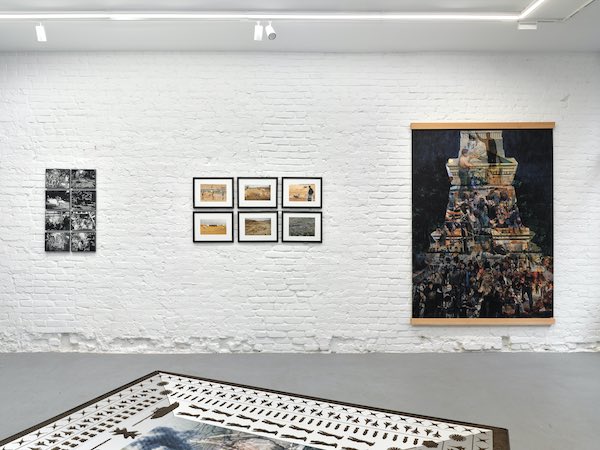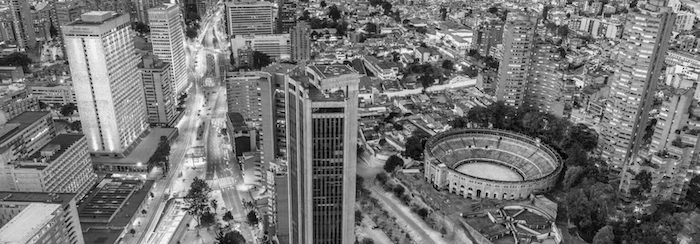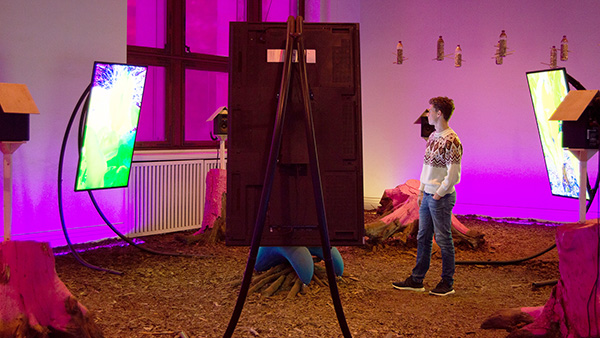Online course by Node Center with Claire Dalgleish
Duration: Jan 18 – Feb 15, 2022
Fee: 174€
Max seats: 30
Enroll before: Jan 14, 2022
Live sessions: 2 hrs/week
***December Special! 15% off all our courses throughout December. Discount code: twentytwo
This online course offers curators and arts workers a comprehensive set of tools to use when managing, curating, and developing art collections. Across five-weeks, we will present real world case studies to explore fresh perspectives on how to operate, conserve, showcase and mediate art collections, whether dealing with commercial stockrooms, artist collections, permanent museum collections or other forms.
At the end of this course, participants will have transformed their knowledge and practical skills in collection management and curatorial approaches. Participants will acquire new skills ranging from how to develop collection concepts to writing collection assessments, and how to keep collections relevant.
During the program, participants will have the opportunity to write an exhibition proposal based on a collection of their choice. Constructive and thoughtful feedback on this assignment will allow participants to practically apply course teachings and take their learnings into the real world.
Program
Week 1. Introduction
- Introduction to the program and course overview.
- A brief history of collections and collecting
- Defining the role of a curator and collector: who collects, and why?
- Collection models and how they impact collection development
- Overview of course assignment: how to write and deliver a curators exhibition proposal
- Developing connections and curating collections
- Reading a collection’s lifespan and using it to develop curatorial approaches
- Understanding collection development and curatorial evolution
- Collection impacts: funding, bequests, loans, conservation
- Best practice for collection management: archiving, conserving, assessment writing, and more
- Collection ethics: challenges considerations, and approaches for politically sensitive items
- Re-interpreting old concepts to develop new approaches
- Keeping collections relevant: learning to read curatorial trends and debates
- Collection-based educational programmes
- Moving beyond the display through events, initiatives, and engagement











